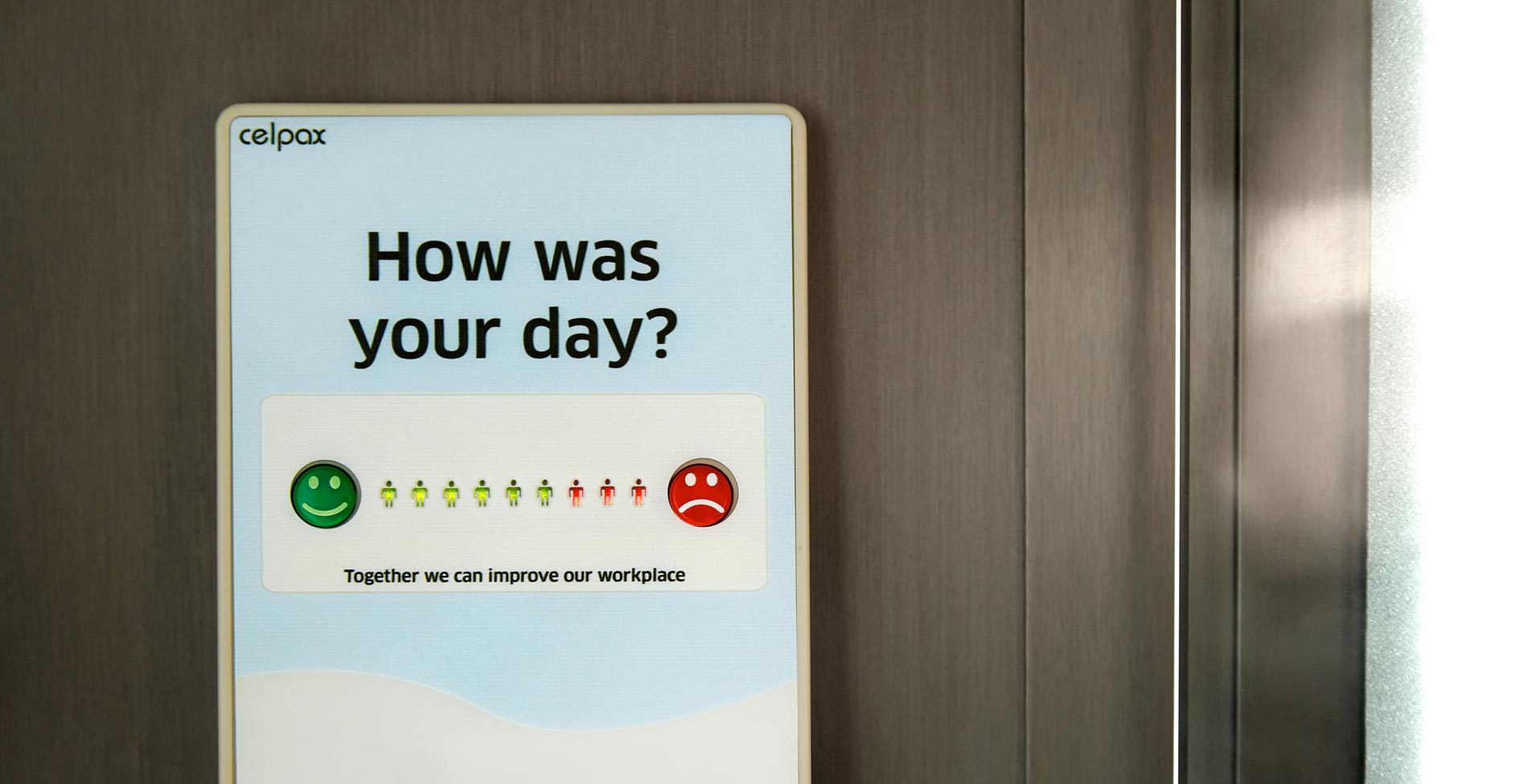While some companies choose to pay for sick leave in Ireland, up to January 2023, employees had no legal right to be paid while on sick leave from work.
What is the new Statutory Sick Leave Bill?
Legislation on new Sick Leave Bill 2022 was enacted January 1, 2023. This will provide for an entitlement to a minimum period of paid sick leave for all employees in the event that they fall ill or sustain an injury which prevents them from being able to work. Employees will be entitled up to 3 paid sick days in 2023, 5 days in 2024, 7 days in 2025 and eventually up to ten days in 2026, or two weeks, of sick leave pay per year. This will be in addition to any other leave such as, e.g., annual leave, parent, parental, maternity or paternity leave.
Will all employees be eligible for the new sick leave pay?
Yes, full time and part time employees will be eligible after been employed by the Company for at least 13 weeks.
How much are employees entitled to?
In accordance with Sick Leave Bill 2022, employees will be paid at 70% of normal earnings up to €110 per day, from the first day of illness.
[Note, currently and going forward, if an employee is unable to work due to illness/injury, they can apply to the Department of Social Protection (DSP) for the Illness Benefit. There is a 3-day waiting period for the Illness Benefit and should the employee provide a sick cert to the employer from day 1, they will now be entitled to sick pay from the Company for the 3-day waiting period.]
Can employees get illness benefit and sick pay at the same time?
Although employees may apply for illness benefit whilst also getting sick pay, the employer should ask employees to sign over any illness benefit payment to them for as long as the sick pay continues.
Do I need to put a policy in place regarding sick leave and sick pay?
Employers should have a sick leave policy outlining what is expected from the employee should they be unable to come to work due to illness/injury, including when they have to submit a sick cert if they want to get paid for the sick leave. Details of this policy should be updated in the Employee Handbook and the employee’s Contract of Employment.
What should a sick leave policy include?
A sick leave policy should outline how the Company deals with absences due to sick leave including when, how and whom the employee must notify if unable to come to work, when a sick cert is/may be required, whether payment will be made based on if they submit a sick cert, etc. The Company sick pay policy should be clearly outlined in the Handbook including the employee’s eligibility criteria to receive payment during sick leave and maximum length of sick pay, etc.
Should employers request a medical certificate?
Employers should include language in their policy that a medical certificate ‘is’ or ‘may be’ required due to illness/injury, from day 1, or 2, or 3, etc., and for the specific period (e.g., for continued absences, weekly or monthly certificates are required thereafter as applicable) . The cert should include the reason for the absence and likely date of return to work.
What if an employee is off sick for a long period, can they be terminated?
In the event that an employee is frequently off sick or if their illness means they can no longer do their work, in some cases, the law can protect them from unfair dismissal so it is prudent for employers to get advice from a qualified HR expert to ensure they follow fair procedures and natural justice before making a costly mistake.
What if an employee suffers an injury at work?
An employee who is injured at work may apply for sick pay as above from their employer and they can also apply to the Injury Board for the injury benefit, but they are not eligible to receive both at the same time. The injury benefit is a weekly payment from the DSP and is provided if employee is unfit for work due to a workplace injury or accident, or an occupational disease, and they have enough PRSI contributions. If the employer provides sick pay, they can ask the employee to sign over to them any injury benefit payment from the DSP for as long as the Company sick pay continues.
What happens to an employee’s annual leave when they are off sick?
If an employee becomes ill during their annual leave and submits a medical certificate for the days they are ill, these sick days will not be counted as annual leave days. Instead, they can use the same number of days as annual leave at a later date. An employer cannot insist that they take annual leave on days they are off on certified sick leave.
Employees can build up their annual leave entitlement while off on certified sick leave and if on long-term sick leave and cannot take their annual leave due to illness, they can carry it over for up to 15 months after the end of the year it was earned. If they terminate their employment within these 15 months, they can receive a payment for their unused annual leave accrued during their certified illness.
What happens if an employee is sick during public holidays?
A full time employee who is on certified sick leave during a public holiday, is entitled to benefit for the public holiday they missed up to 6 months in cases of long term illness. If they are a part-time employee on sick leave during a public holiday, they would be entitled to time off work for the public holiday provided they worked for their employer at least 40 hours in the previous 5-week period.
However, they are not entitled to the public holiday if they are absent from work immediately before the public holiday and have been off work for more than 26 weeks due to an ordinary illness or accident, or for more than 52 weeks due to an occupational accident.
How should you manage an employee’s return-to-work?
Depending on the length of absence, and the nature of the illness or injury, it may be prudent for the employer to request the employee to submit a return-to-work medical certificate confirming that they are able to return to do their normal duties on a full-time or part time basis without accommodation or if there are concerns, what accommodations could be considered. This would be the case if the employer feels that their return may further impact the employee’s health such as standing for long periods if the employee had a leg injury/operation. All employees should be interviewed upon their return to work following an illness or injury and the employer is concerned whether or not they are fit to return to work and if a return-to-work medical certificate is not required by the employer, they should be asked to self-certify that they are fully able to return to their normal duties and declare whether or not they require accommodation. In either case, it is critical that a well-written and clear job description is provide to the employee outlining their job responsibilities, tasks, physical and other requirements, etc.
We can help you integrate the new sick leave legislation into your handbook and contracts, communicate with your employees to help manage the process and guide and navigate you through difficult or sensitive HR matters to reduce risk.
Don’t get left behind with the Sick Leave Bill 2022. Book a complimentary consultation today!





